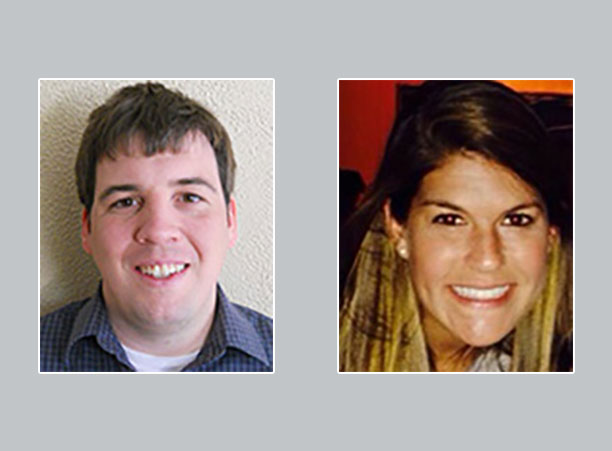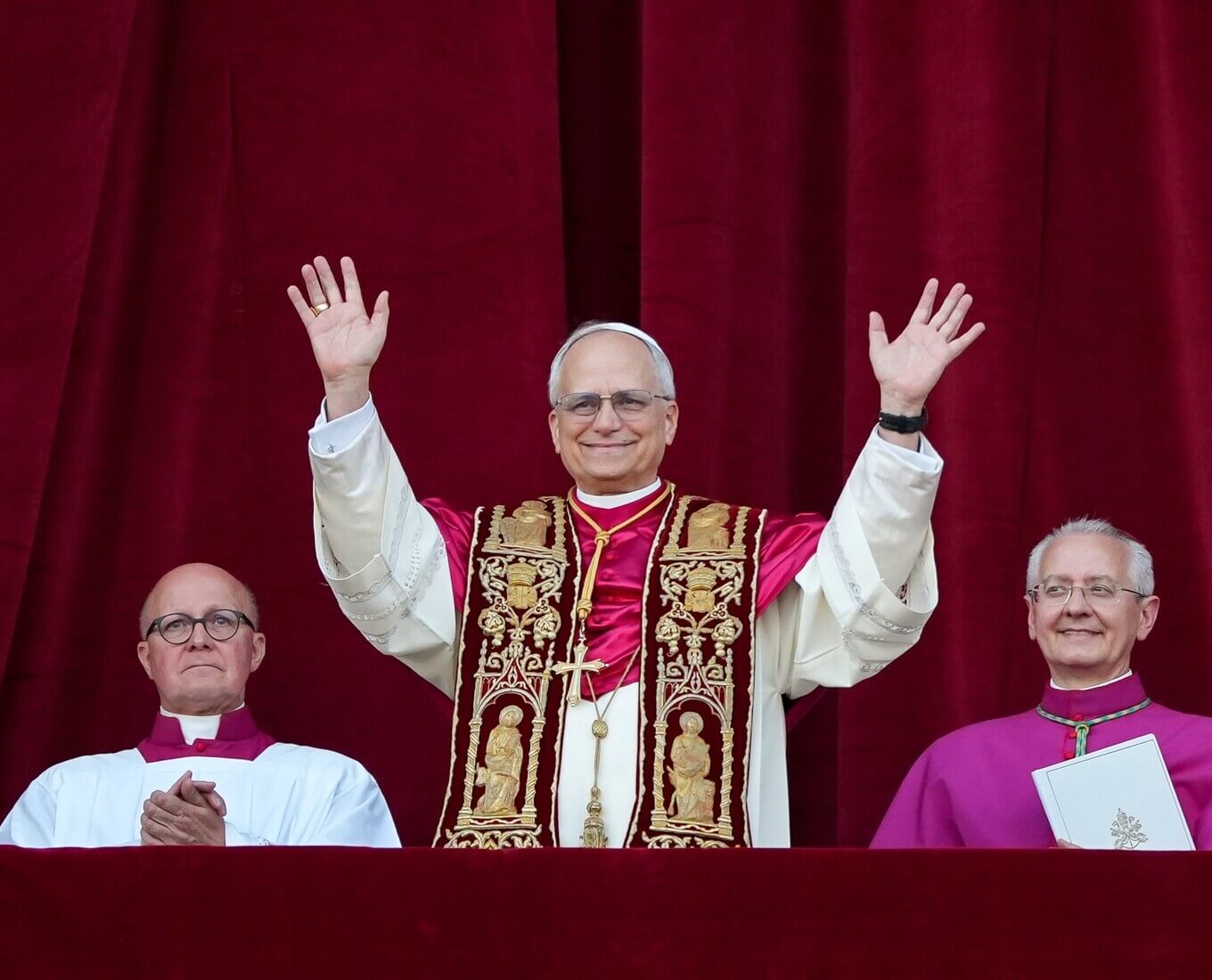 Alyssa L. Trometter, a member of the College of the Holy Cross class of 2008, and Nathaniel K. Powell, visiting lecturer at Holy Cross in spring 2015, both received the esteemed American Council of Learned Societies (ACLS) Public Fellowship. Each fellowship is a two-year appointment at a non-profit organization and government agency for recent Ph.D. graduates in the humanities. The Council selects only 15-20 Ph.D. graduates worldwide.
Alyssa L. Trometter, a member of the College of the Holy Cross class of 2008, and Nathaniel K. Powell, visiting lecturer at Holy Cross in spring 2015, both received the esteemed American Council of Learned Societies (ACLS) Public Fellowship. Each fellowship is a two-year appointment at a non-profit organization and government agency for recent Ph.D. graduates in the humanities. The Council selects only 15-20 Ph.D. graduates worldwide.
After Holy Cross, Trometter received her Ph.D. in historical studies from the University of Melbourne, Australia. Through her ACLS Fellowship, Trometter has been appointed the partnerships manager position at the Clinton Global Initiative University. The Clinton Global Initiative (CGI) is committed to bringing together world leaders who can address global problems and invoke change. According to the ACLS website, Trometter’s job will be to “expand the opportunities for leading student social innovators.” In addition she will “develop, recruit, and launch seed funding opportunities and grant-making programs for CGI University participants.”
Powell was a visiting lecturer this past semester at Holy Cross in the history department. He received his Ph.D. in history at The Graduate Institute of International and Development Studies in Geneva, Switzerland. Powell’s ACLS Fellowship placed him as the development manager at the World Monuments Fund (WMF). According the WMF website, it is an organization that seeks to preserve the “world’s most treasured places.” As the development manager, Powell will “lead efforts on a new initiative that will look beyond traditional arts and preservation funders to seek new donors.”
The ACLS Public Fellows is a four- year-old award that seeks to create a segue between humanities students and public service. Noel Cary, professor of history at the College, says a liberal arts education can help to further this connection between humanities students and public service. Cary says, “Being a liberal arts college, Holy Cross tries to inculcate an awareness of just such a potential for partnership.” Cary adds that “the award winners must demonstrate skills, insights, and versatility that can be matched creatively with the needs of specific public service projects. These adaptable skills are the basis of a liberal arts education.”
Holy Cross Grad and Visiting Professor Receive Prestigious American Council of Learned Societies Fellowship
Pair placed at the Clinton Global Initiative and the World Monuments Fund
Read Time
1 Minute


